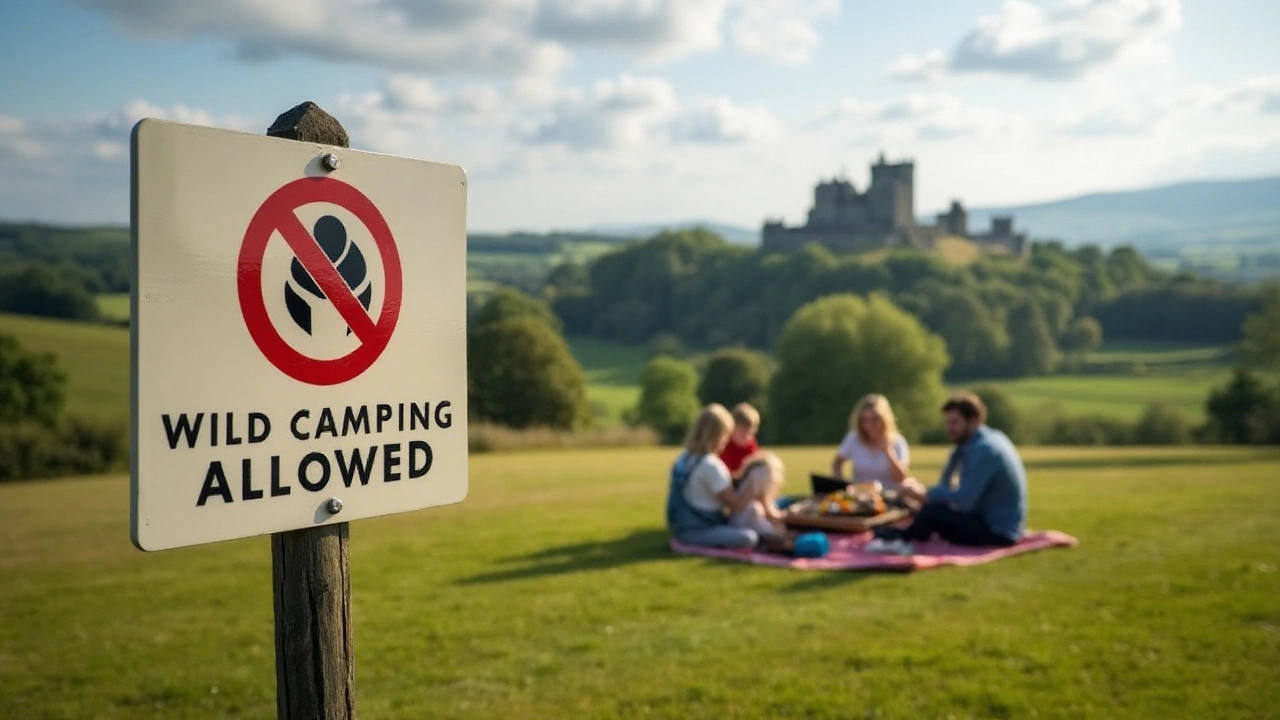Camping Ban: What You Need to Know Before You Pitch a Tent
If you love sleeping under the stars, you’ve probably heard people talk about camping bans. A ban simply means you can’t set up a tent or park a motorhome in certain places. It sounds strict, but the rules are usually there to protect the land, wildlife, and other visitors. Knowing where the bans apply saves you from fines and keeps the outdoors clean for everyone.
Why Bans Are Put in Place
Most bans happen in spots that get heavy foot traffic, have fragile ecosystems, or need special management. National parks, nature reserves, and some public parks limit overnight stays to stop damage to plants and to keep wildlife safe. In busy areas, a ban also helps avoid overcrowding, which can make facilities break down quickly.
Local councils often introduce bans after complaints about litter, fire risk, or illegal waste. If you’ve ever seen a campsite with trash left behind, you know why authorities act fast. The goal is simple: keep the area usable for future visitors.
How to Stay Legal While Camping
First, check the map. Most councils and park websites list where you can and cannot stay overnight. Look for signs that say “No camping” or “No overnight parking.” If you’re not sure, give the site a quick call – a five‑minute chat can save you a costly ticket.
Second, stick to designated campsites whenever possible. These spots already have waste disposal, water, and power hookups, so you won’t have to improvise. If you’re into wild or “rip” camping, follow the 2‑hour rule in most forests: set up, enjoy, and pack out within a couple of hours. Staying short reduces the impact and often stays within the law.
Third, respect the rules about fires. Many bans are tied to fire restrictions, especially during dry spells. Use a portable stove instead of an open fire, and always fully extinguish any embers before you leave.
Finally, keep records. Take a photo of the sign or the area where you set up. If you’re ever challenged, a quick picture shows you followed the posted rules.
By staying informed and prepared, you can enjoy the freedom of camping without breaking the law. The tag page "camping ban" brings together articles on wild camping, park restrictions, and practical tips – all aimed at helping you plan a smooth, hassle‑free trip.
So next time you pack the gear, glance at the local regulations, pick a legal spot, and hit the road with peace of mind. Happy camping!
